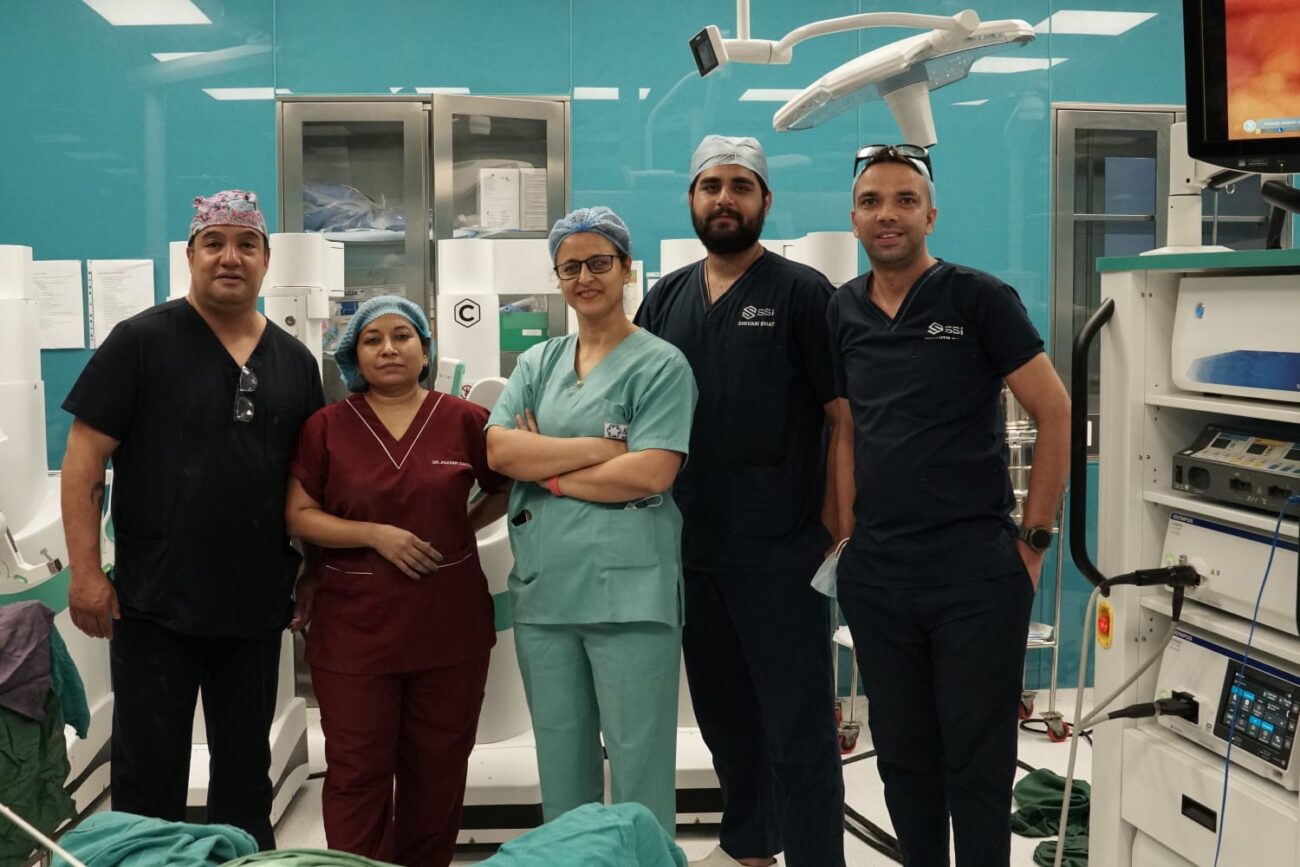New Mothers: Be Extra Careful amid COVID-19
According to experts, for the new mothers, first six weeks after childbirth refers to the postpartum period and it is a period of adjustment and healing for the mother. With the entire world under lockdown because
- According to experts, for the new mothers, first six weeks after childbirth refers to the postpartum period and it is a period of adjustment and healing for the mother.
With the entire world under lockdown because of the novel coronavirus (COVID-19) outbreak, it is an especially traumatic experience for new mothers. With some modifications and medical help, new mothers can easily overcome postpartum blues and other challenges which normally come after childbirth. On the occasion, Mother’s Day experts provide complete guidance to new mothers on how to cope up with the challenges amid COVID-19 crisis.
Motherhood makes everyone happy though exhausted too. However, amid pandemic and lockdown motherhood makes younger women anxious as well.
“Hospitals are careful and cautious not to allow too many attendants and only one person is allowed to be there with the new mother. While it is necessary to maintain social distancing, a new mother longs for the comfort and care her family members can provide especially when the baby is handed over to her. Breastfeeding, changing diapers and taking care of herself and the baby can be very challenging. At this stage, the role of caregivers becomes very important and they need to ensure she understands to take care of her health without compromising the well-being of her baby,” Dr Leena N Sreedhar, Consultant- Gynaecology & Obstetrics, Manipal Hospitals, Dwarka, Delhi
According to experts, for the new mothers, first six weeks after childbirth refers to postpartum period. It is a period of adjustment and healing for the mother. Her immunity is low and she needs to take extra care of herself. While the baby has to be fed and changed frequently, she may experience sleepless nights and it can be frustrating and tiresome. This makes it even more necessary for the younger mother to focus on her health so that she is fit enough to take on new challenges and adjust to everyday life after the birth of the baby.
Dr Sreedhar further said, “Understanding the isolation a new mother feels in today’s COVID times with limited family support and a lockdown which prevents her from interacting with friends, we at Manipal Hospitals have taken an extra step in educating the new mothers on taking care of herself and her baby after going home. We also advise them to consult us through video conferencing so that small postpartum problems can be tackled effectively.”
The Hospital also arranges the delivery of prescribed medicines at your doorstep so that both mother and child remain safe and healthy at home.
Health Tips for New Mothers
- Eat Healthy: Healthy eating is very important for healing and to boost immunity post-delivery. Increase intake of whole grains, vegetables, fruits, and protein. Wash fruits and vegetables thoroughly before eating and cooking. You can clean these items with Meetha Soda which easily available in the market. As you need more calcium, it is advisable to increase the intake of milk. Two glass of milk every day is highly recommended. Stick to Iron, Calcium, and Vitamin-D supplements as suggested by your doctor
- Get enough Rest: Adequate sleep is very important to cope up with tiredness and fatigue. As the baby wakes up every 2-3 hours for feeding, take short naps when the baby sleeps so that you are rested well. With the lockdown there is a lot of works you will have to do yourself without any outside help, hence involve members in the care of the baby so that you get adequate hours to sleep.
- Exercise: Before you leave the hospital, discuss with your doctor when and how much you should exercise. Avoid strenuous exercise. Yoga and walking inside the house or terrace are some exercises which can be started as early as 15 days postpartum. Kegel exercises are taught to strengthen pelvic floor muscles.
- Ask for Help: In the postpartum period, many women get postpartum blues- mood swing, anxiety, irritation, insomnia, unexplained crying, sadness and restlessness. Lockdown and staying indoors along with the stress of coping up with the demands of baby care take a heavy toll on the health of a young mother. Ask for help. Family is a very good support system. Be in touch with your doctor through video consultancy so that appropriate medicines can be prescribed if symptoms increase.
- Tackling Breast Engagement, Constipation, Uterine Pain, and Vaginal Discharge
- In the case of breast engagement, simple measures like a warm or cold compress to the breast can help
- Eating high fibre food and drinking plenty of water can prevent constipation which is a very common problem during the postpartum period.
- Uterine Pain (Cramping Pain) occurs after giving birth due to the shrinking of uterus. Safe pain medications like paracetamol can help in reducing it.
- Vaginal Discharge occurs for up to four weeks after birth wherein blood and tissues are expelled from the uterus. Frequent changing of sanitary napkins and maintain good genital hygiene is very important.




